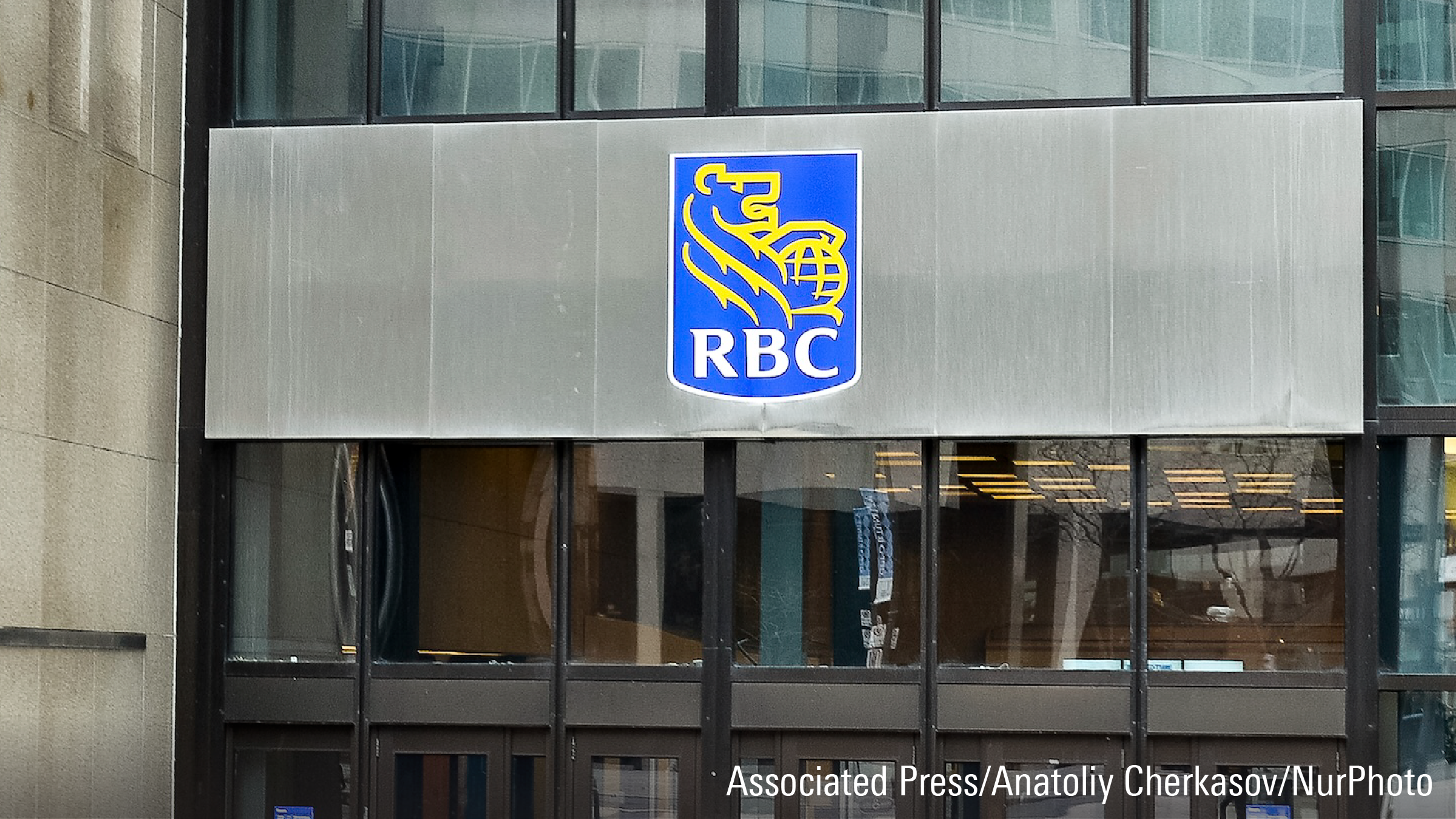![]() Schwab Fundamental U.S. Small Company ETF (FNDA) features a contrarian rebalancing approach that should give the fund an edge over its peers over the long term. This is a value strategy, though it falls in the small-cap blend section of the Morningstar Style Box. While there is much to like about this strategy, its weighting approach may cause it to overweight stocks with deteriorating fundamentals, and it charges more than market-cap-weighted value alternatives, limiting its Morningstar Analyst Rating to Bronze.
Schwab Fundamental U.S. Small Company ETF (FNDA) features a contrarian rebalancing approach that should give the fund an edge over its peers over the long term. This is a value strategy, though it falls in the small-cap blend section of the Morningstar Style Box. While there is much to like about this strategy, its weighting approach may cause it to overweight stocks with deteriorating fundamentals, and it charges more than market-cap-weighted value alternatives, limiting its Morningstar Analyst Rating to Bronze.
This fund offers broad exposure to small-cap U.S. stocks but weights them on fundamental measures of size, including sales (adjusted for leverage), retained operating cash flow and dividends plus share buybacks, rather than market capitalization. This causes the fund to tilt toward stocks trading at low multiples of these metrics and away from stocks trading at higher valuations. However, it does not exclude growth stocks.
When it rebalances each quarter, the fund trims positions in stocks that have become more expensive relative to peers and increases its exposure to those that have become cheaper in the past year. These disciplined bets against the market should give the fund an edge against its market-cap-weighted value index peers if and when valuations mean-revert. However, this approach can also increase the fund's exposure to stocks with deteriorating fundamentals. This is because the metrics that determine the weightings of the fund's constituents are backward-looking and are usually slower to detect souring prospects than market prices. To reduce the market-impact cost of rebalancing and the risk of poor timing, the fund refreshes a different fourth of its portfolio each quarter.
From its inception in August 2013 through August 2018, the fund outpaced the Russell 2000 Value Index by 1.39 percentage points annualized. However, it slightly lagged the Russell 2000 Index by 7 basis points annually, owing to a stretch of underperformance in the past year, which stemmed partially from its underweighting of the healthcare sector.
Fundamental View
Fundamental weighting is a value strategy. Although it doesn't explicitly target value stocks, the fund systematically overweights them. Market capitalization is influenced by valuations. As a stock becomes more expensive, its market cap increases, which tends to increase its weighting in a cap-weighted portfolio. But because this fund anchors its weightings to fundamental measure of size, it doesn't reward more richly valued stocks with larger weightings. This approach gives it greater exposure to stocks trading at low valuations than a broad market-cap-weighted benchmark. Over the very long term, value stocks have outpaced their more-expensive counterparts, though they can lag for extended periods.
Fundamental weighting isn't designed to reflect intrinsic value. There are good reasons why some stocks trade at lower valuations than others, including lower growth and greater risk. This fund effectively ignores that information in sizing its positions, which could slightly increase risk.
The fund's performance should be more similar to that of a market-cap-weighted value benchmark, like the Russell 2000 Value Index, than the Russell 2000 Index. But its rebalancing approach should give it an edge over both benchmarks when valuations become significantly stretched or compressed. To rebalance back to its fundamental weightings, the fund buys stocks that have become cheaper relative to their peers since the previous rebalance and reduces exposure to those that have become more expensive. This approach effectively causes the fund to double down on value as it becomes cheaper, which should allow it to better profit from mean reversions in valuations when valuations are extreme. But fundamental weighting gives the portfolio less consistent exposure to value stocks than traditional value indexes and ignores potentially useful information contained in market prices.
This is a well-diversified portfolio that includes more than 800 holdings across the entire value-growth spectrum. While most of these stocks are also in the market-cap-weighted Russell 2000 Index, many of their weightings are quite different. For example, ![]() Weight Watchers International (WTW) and
Weight Watchers International (WTW) and ![]() Guess (GES) are both among the fund's top 10 holdings, while they fall outside the index's top 200. That's largely because they are trading at low multiples of sales, operating cash flows, and shareholder distributions relative to their peers, which makes their fundamental weighting larger than their market-cap weighting.
Guess (GES) are both among the fund's top 10 holdings, while they fall outside the index's top 200. That's largely because they are trading at low multiples of sales, operating cash flows, and shareholder distributions relative to their peers, which makes their fundamental weighting larger than their market-cap weighting.
At times, the fund's active weightings can add up to large sector bets. The fund currently has greater exposure to the industrial and consumer cyclical sectors than the Russell 2000 Index and less exposure to healthcare and technology stocks. Its holdings tend to trade at slightly lower average multiples of book value than the constituents of the Russell 2000 Index. The portfolio also has a modestly larger market-cap orientation than that benchmark.















